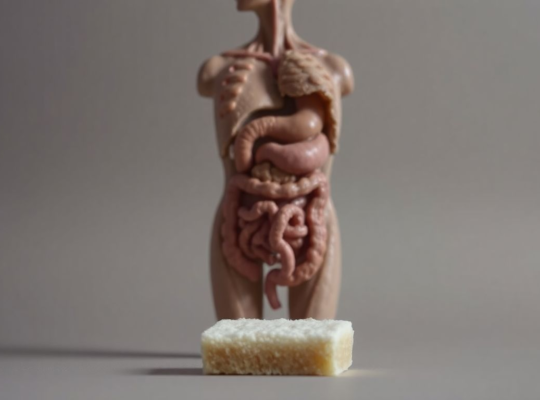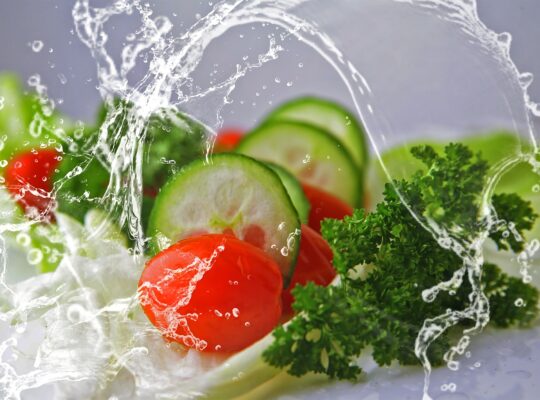
Water is the elixir of life. It makes up about 60% of the human body and plays a critical role in nearly all physiological processes. From regulating temperature to flushing out toxins, hydration is essential for survival and optimal functioning. Despite its importance, many people fall short of their daily hydration needs. This blog delves into the science of hydration, its benefits, and practical ways to stay hydrated.
Why is Hydration Important?
- Maintains Cellular Function
- Water facilitates the transport of nutrients to cells and removes waste products.
- Regulates Body Temperature
- Sweat, a natural cooling mechanism, relies on sufficient water intake to prevent overheating.
- Supports Digestion
- Water aids in breaking down food and absorbing nutrients. It also prevents constipation by softening stool.
- Improves Physical Performance
- Even mild dehydration can reduce endurance, strength, and coordination.
- Promotes Cognitive Health
- Dehydration can lead to brain fog, difficulty concentrating, and headaches.
- Enhances Skin Health
- Staying hydrated helps maintain skin elasticity and reduces dryness.
Signs of Dehydration
Mild Dehydration
- Dry mouth.
- Fatigue or lethargy.
- Dark yellow urine.
Severe Dehydration
- Dizziness or confusion.
- Rapid heartbeat or breathing.
- Little or no urine output.
If these symptoms occur, immediate rehydration is necessary, and severe cases may require medical attention.
How Much Water Do You Really Need?
The commonly recommended “8 glasses a day” is a general guideline, but hydration needs vary based on:
- Age: Older adults may need to drink more due to reduced thirst sensation.
- Activity Level: Active individuals lose more water through sweat.
- Environment: Hot or humid climates increase water loss.
- Diet: High-protein, high-fiber, or salty foods require more water for digestion.
General Recommendations:
- Men: About 3.7 liters (125 oz) per day.
- Women: About 2.7 liters (91 oz) per day.
Note: Foods like fruits and vegetables contribute to hydration.
Hydration Myths Debunked
- Myth: You need sports drinks for hydration.
Fact: Unless you’re engaging in prolonged, intense exercise, water is sufficient. - Myth: Coffee and tea dehydrate you.
Fact: While caffeine has mild diuretic effects, moderate coffee or tea consumption still contributes to hydration. - Myth: Drinking water cures dry skin.
Fact: While hydration supports skin health, moisturizing and proper skincare are also essential.
Practical Tips for Staying Hydrated
1. Start Your Day with Water
- Drink a glass of water upon waking to kickstart metabolism and rehydrate after a night’s rest.
2. Flavor Your Water
- Add slices of lemon, cucumber, or mint for a refreshing twist.
3. Carry a Water Bottle
- Keep a reusable bottle handy to remind yourself to drink throughout the day.
4. Eat Hydrating Foods
- Incorporate water-rich foods like watermelon, cucumbers, oranges, and celery into your diet.
5. Set Reminders
- Use apps or alarms to prompt you to drink water regularly.
6. Drink Before You’re Thirsty
- Thirst is a late indicator of dehydration. Aim to sip water consistently.
When to Be Cautious About Overhydration
While rare, drinking excessive water can lead to hyponatremia, a condition where sodium levels drop dangerously low. Symptoms include nausea, confusion, and seizures. Balance is key—listen to your body’s needs.
Hydration and Exercise
- Before Exercise: Drink 16–20 ounces of water 2–3 hours beforehand.
- During Exercise: Sip 7–10 ounces every 10–20 minutes, especially in hot conditions.
- After Exercise: Rehydrate with water or an electrolyte drink based on sweat loss.
Conclusion
Hydration is a simple yet powerful way to improve your overall health. From boosting energy levels to supporting organ function, staying hydrated is vital for physical and mental well-being. Make water a priority in your daily routine by adopting small, consistent habits. Remember, your body thrives when it’s well-hydrated—so drink up and feel the difference!







